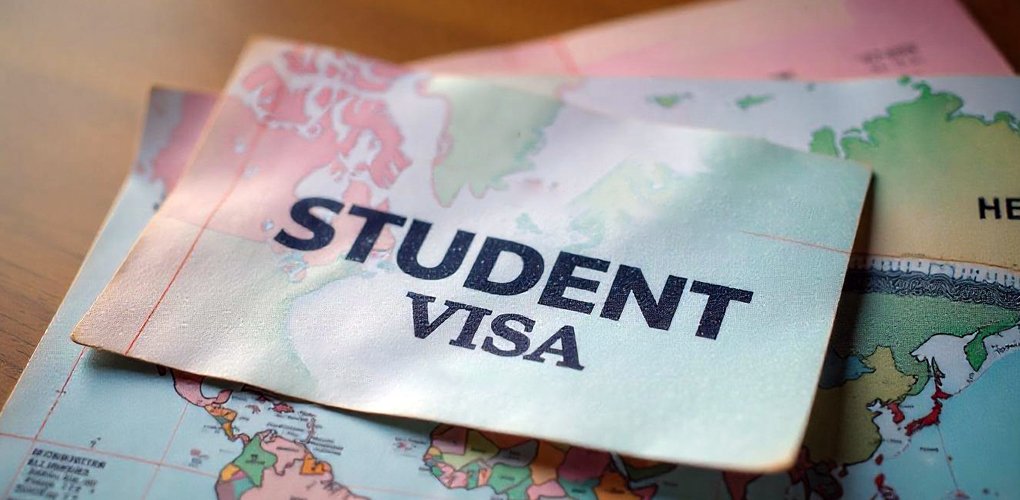
In order to study in the United Arab Emirates as a student from Nepal, the student needs to follow some steps required for acquiring a student visa, as well as those appropriate rules concerning employment during the study period.
How to Get a Student Visa:
- Admission to a UAE Educational Institution:
- Selection and acceptance of a recognized institution for higher education of the UAE will, in turn, confirm enrollment. Applications are on merit, subject to any supplemental requirements such as proof of academic qualification in the form of actual transcripts and language proficiency in English in the form of IELTS or TOEFL.
- Sponsorship of the Visa:
- For initial admissions purposes and initial issuance of the student visa, the institution that selected you for admission will sponsor you. The institution will guide you on the process that would lead to your visa application.
- Documents Required with the Application:
- Filled visa application form.
- Passport that is valid for, at least, six months.
- Two recent passport photos.
- Proof of acceptance from the educational institution.
- Proof of funds with regard to the tuition fees and cost of living.
- Possibly needed is a medical examination report.
- Submission and Approval:
- Submit the application along with all necessary documents to the university’s registrar or any department specially assigned for international students.
- Once admissions confirm, they will process your visa application with the immigration authorities of the UAE.
- Upon approval, you will receive a student visa for one year. The law allows for visa renewal on proof of continuous enrollment.
Working while studying:
International students in the UAE are allowed to work under different circumstances.
- Work Permit Requirement:
- Students wanting to work during their studies should have a work permit.
- Eligibility Criteria:
- Students should be 18 years or older.
- They should have completed at least one year of full-time study at their sponsoring academic institution.
- Maintain a prescribed Cumulative Grade Point Average (CGPA) as approved by the Knowledge and Human Development Authority (KHDA).
- If the student is a minor, written parental or guardian consent may be necessary.
- Work Hours Limit:
- Students are allowed to work up to four consecutive hours.
Note: Please be informed that regulations might change from time to time. It is always advisable to check the international student office available in educational institutions of the students and/or the government’s official portal of the UAE for up-to-date information related to the work permit. If there are any changes or updates to the information mentioned, please kindly email us.

